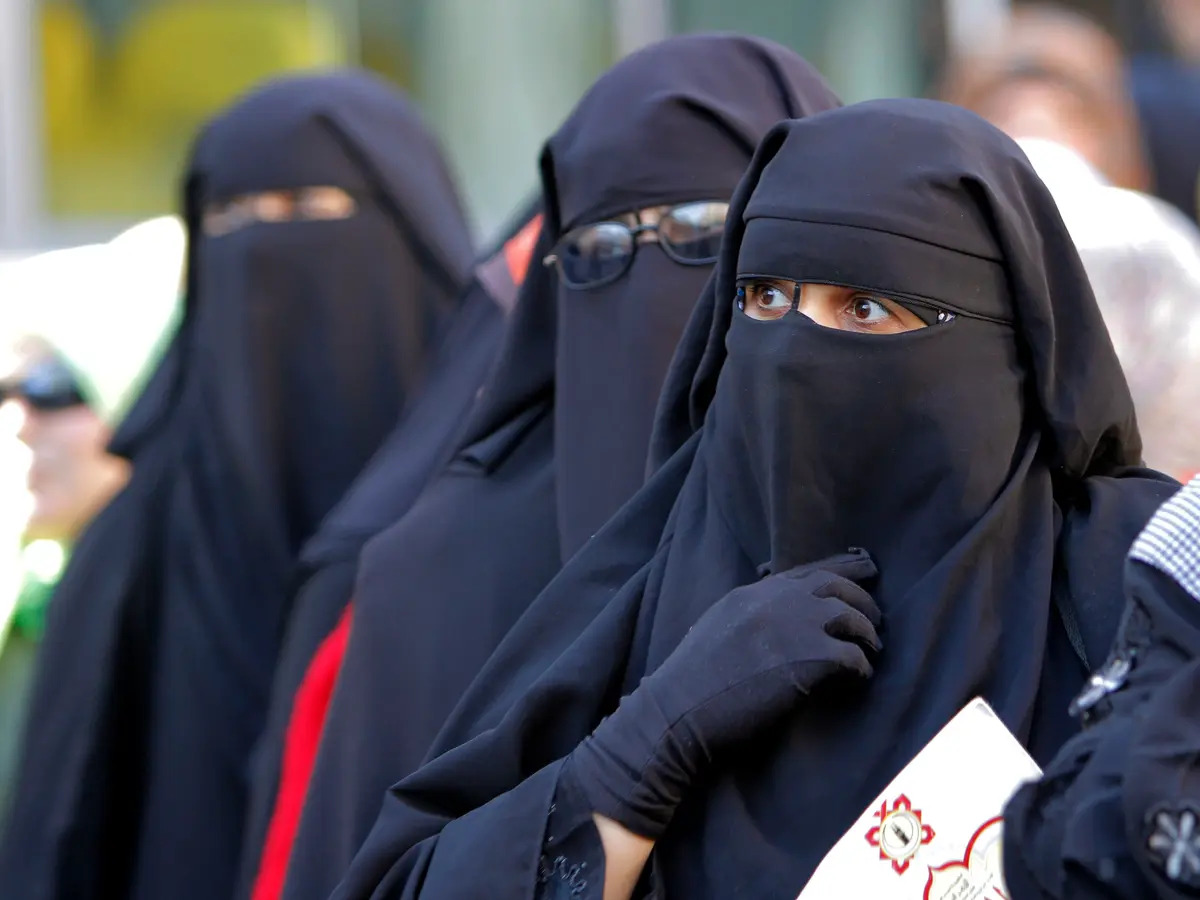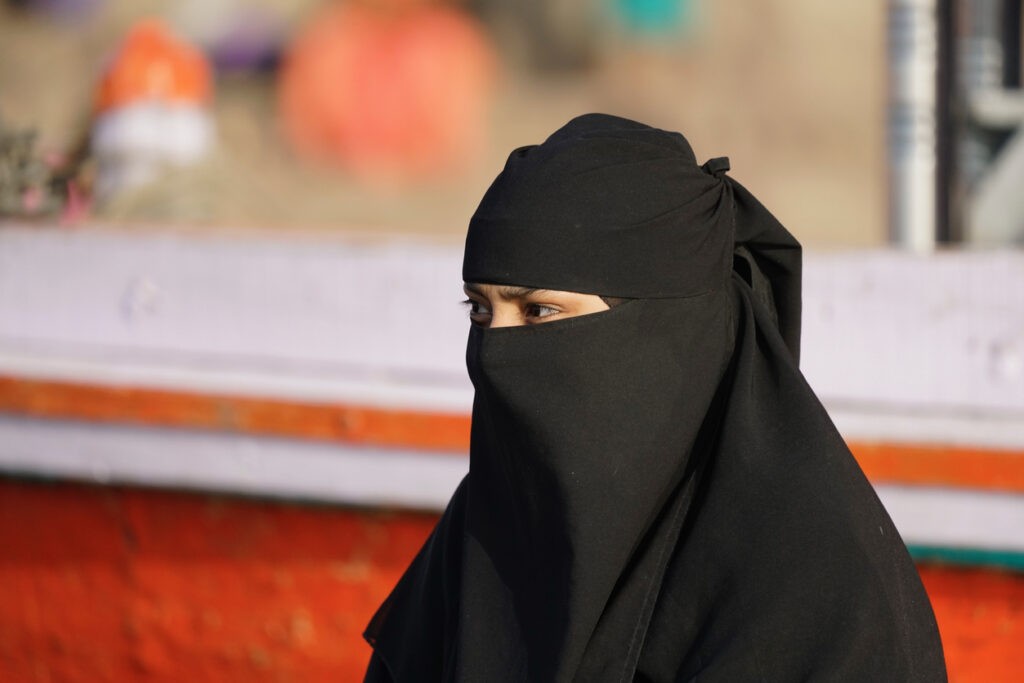The State Commission on Religious Affairs of Kyrgyzstan has proposed several key initiatives aimed at tightening regulations surrounding religious activity within the country. These measures, now under public discussion, include restrictions on face coverings, religious literature distribution, and the activities of foreign religious figures, as well as prohibiting religious interference in state affairs.

A central component of the proposals is a ban on face coverings that obstruct the identification of individuals in public spaces and state institutions. The ban excludes protective masks. Violations of this rule could result in a fine of $235. The draft decree has been submitted for public review and feedback.
The Commission is also advocating for a ban on distributing religious literature and materials in public areas, residential buildings, government institutions, and educational facilities. This measure aims to limit religious influence in places that are not designated for religious activities.
Another key proposal involves placing restrictions on foreign religious figures conducting ceremonies or events in nursing homes, correctional facilities, and military units. Prior approval from the authorized state body would be required for such activities, according to the proposed regulation.

The proposed regulations also aim to prevent religious organizations from interfering in the operations of public authorities and local self-government bodies. Additionally, the proposals include a ban on political parties receiving financial support from religious groups. These steps are intended to prevent religious organizations from exerting undue influence on governmental operations or political processes.
To enforce these new regulations, administrative penalties are proposed for individuals and organizations that violate the restrictions. The objective is to enhance state oversight and ensure compliance with laws governing religious activity.
Several countries have implemented similar laws restricting face coverings. France and Belgium, for example, have bans on burkas and niqabs in public places. Sri Lanka has enacted similar restrictions to address concerns over religious extremism. In Africa, countries such as the Republic of Congo and Chad have introduced such bans to improve security, despite their relatively small Muslim populations.
Among post-Soviet countries, some have adopted limited regulations on religious dress and activity. Azerbaijan restricts religious attire in public institutions, while Tajikistan has enforced a law since 2017 that prohibits the wearing of hijabs in schools and public institutions, to preserve national identity and maintain a secular state.
Follow Daryo's official Instagram and Twitter pages to keep current on world news.
Comments (0)